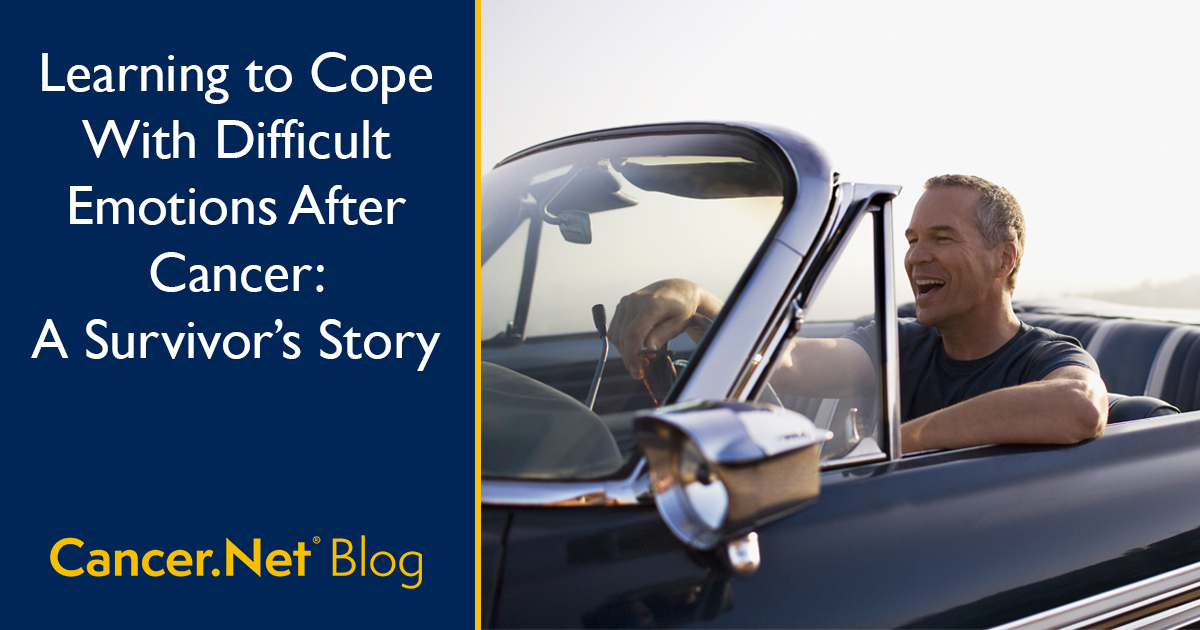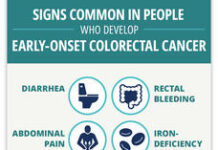
Mark Nicholson is a cancer survivor living in Australia. He is married with 2 children. You can follow Mark’s journey of pursuing his bucket list on Facebook.
“Cancer” is one of those words that can be a whole sentence by itself: Cancer. I always thought of the disease as a death sentence. But, as I found out, cancer can actually be a life sentence. When cancer doesn’t kill you, then at some point in time you may feel guilty that it didn’t. It felt like I ended up in a shotgun marriage to the disease, and it’s definitely until death do us part.
When I received my cancer diagnosis, my life changed. For me, there is “B.C.” and “A.D”: “Before Cancer” and “After Diagnosis.” I was informed that I had a basaloid squamous cell carcinoma (BSCC). At the time, I think shock somehow cushioned the reality of what that meant. I live in Australia, and most medical care here is free, if you are prepared to wait. So, the wonderful Australian medical system kicked into gear, and the BSCC living in a couple of lymph nodes in my groin was cut out within weeks of receiving my diagnosis.
Coping with cancer treatment
It seems to me that overnight, I went from walking into surgery with a lumpy groin to suddenly lying in a radiation therapy tube having my inner thigh tanned and 1 testicle microwaved. For me, the month of July in 2016 just didn’t happen. Yes, if I think back, I remember bits, but it’s as if it was a movie in which I had a small role. I watched it happen, but I wasn’t present. Some strange things happened, the craziest being that I stopped breathing one night. Eventually, I was resuscitated, and I subsequently ended up in a coma for 4 days. But it’s like it was all a movie, and I watched someone else going through it.
When I returned to reality, I was in the oncology outpatient ward. This became my office. I went there daily, just like when I worked in an office. And, as with the office, some of it was funny and some not funny at all. Also like the office, some of it was painful. But most importantly, I met some of the greatest people I have ever met right there.
Many of us have this pre-programmed view of what perfection is, and then we evaluate everyone we meet from that perspective. Within a few days, I realized that everyone undergoing treatment more than measured up. They were my own universe full of tremendous superheroes. They were young, old, and of all shapes and sizes. I was lucky that I only had to face radiation therapy and only for a short while. Most of my superheroes were facing daily matches with cancer treatment. I was there for some people’s last day of treatment and some people’s first day. With some, I witnessed their third or fourth rounds. Although there was a mix of both, I heard many more laughs than sobs. If you want to plow the depths of dark humor, the oncology outpatient ward might be for you.
When it was over, I had a reckoning day with my oncologist, and he told me that my BSCC was a secondary cancer, not my primary cancer. He said that in order to find my primary cancer, I would need a positron emission tomography (PET) scan, a computed tomography (CT) scan, and lab tests. After nothing showed up during testing, he told me that, invariably, something will someday.
Every time I get a result from a test and nothing shows up, I feel more guilty. Some of my superheroes from the oncology ward have died, and I feel that it should have been me instead of them every time I hear the sad news.
Managing difficult emotions after cancer
When you get through to the other side of cancer treatment, what you may need most is psychological help. Cancer post-traumatic stress disorder (PTSD) is real. After I completed treatment, my oncologist jumped in and helped me move past the guilt. He pointed out that cancer gives you a glimpse of your mortality, and what it gave me was a chance to reassess my priorities.
I told the people I loved why and how much I loved them. I did the same with some of the people I hate. Cancer killed my diplomacy gene. It made me assess why I spent half my waking hours working. It asked why I had never seen great art or a lion in the wild or even just why I don’t drink before 5 p.m.
My oncologist changed my life when he told me my cancer would come back. I asked his advice, expecting him to suggest a rigid diet and health regimen. Instead he said, “If I was you, I would do my bucket list. Just in case.” That struck a chord. So, after a bit of planning, I launched my “The Justin Case Farewell World Tour.”
The tour was brilliant. Over the course of 6 months, I traveled throughout the United Kingdom, the mainland United States and Hawaii, New Zealand, and Australia. I drove all over America in a purple 1976 Cadillac DeVille that was just like me: poor body, dodgy transmission, but a good engine. I stayed with students in Atlanta and llama farmers in the Sierra Nevada mountains.
If you have survived cancer, then you may feel like you have been gifted a second life. Admittedly, it may be in a body that feels different than the one you had before your diagnosis. But what I have learned is that it is important to go out and live your best life. You earned it. Whatever your bucket list includes, do it. Now is your time. And by the way, oncologists rock!
The author has no relationships relevant to this content to disclose.






